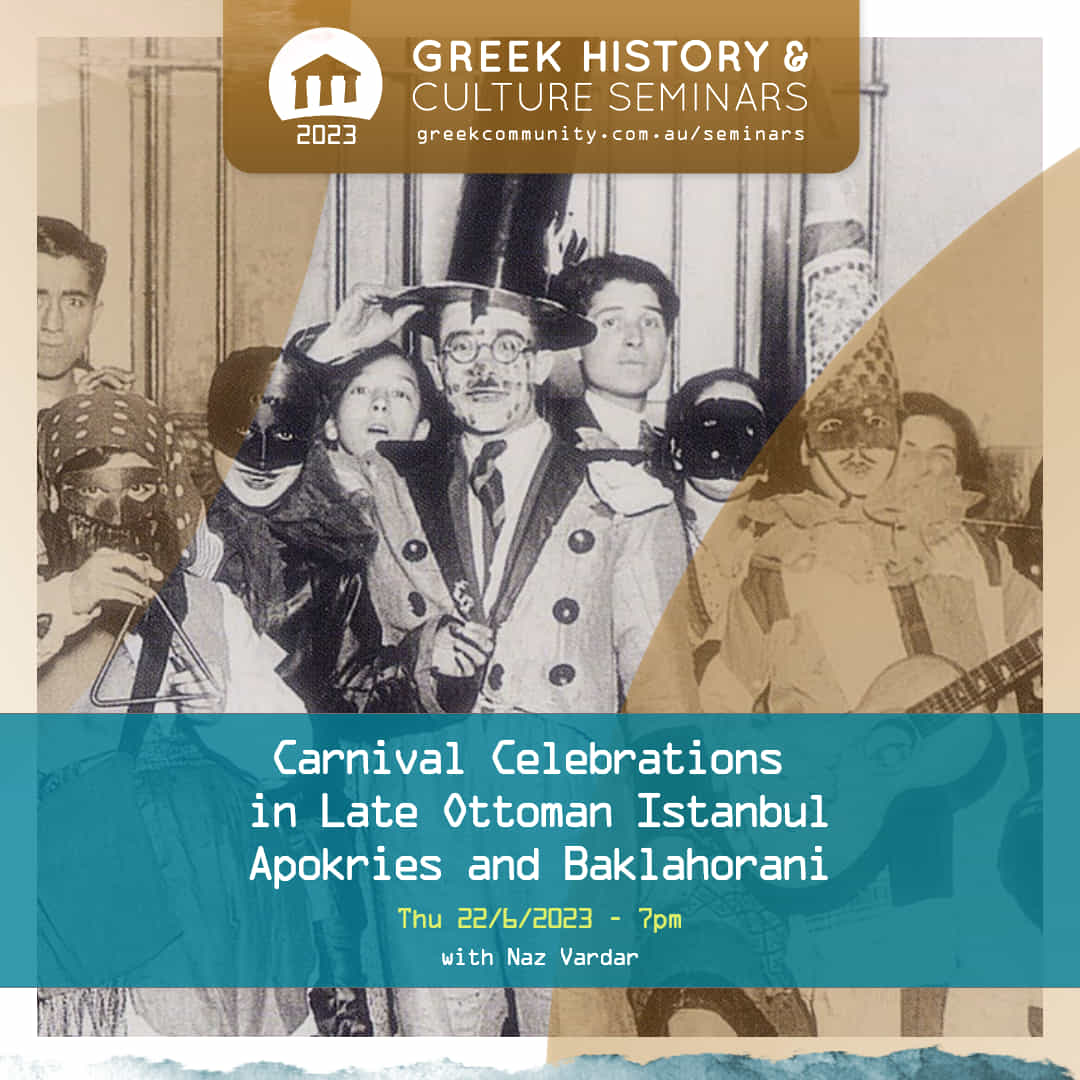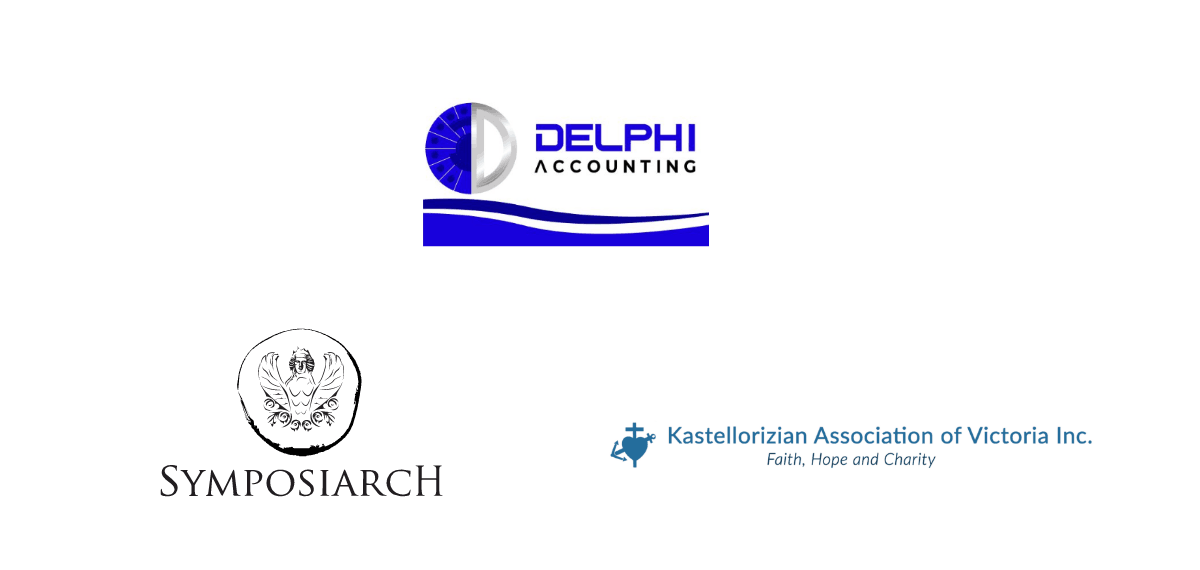| |
Synopsis
Carnival celebrations in Istanbul, locally referred as Apokries and Baklahorani, have taken place in Christian and European neighborhoods of the city such as Pera, Galata, Beyoglu and the exclusively Rum neighborhood of Tatavla during the late Ottoman era. The carnivalesque atmosphere of the pre-Lenten revelry occurred on the street level among the working-class and middle-class people as well as in a more elite and bourgeois fashion in the theatres, ball rooms and embassies. The general belief is that these festivities continued with an increased interest by the general public until a state ban in 1941. By problematizing the nostalgic reminiscences, this presentation attempts to provide an insight into the complexities and ambiguities in the Ottoman society and Greek-Orthodox community by giving agency to ordinary people in manifesting their identities, concerns and anxieties. Studies on public celebrations in the Ottoman context has long focused on those with imperial or national character, with a relatively homogenous character. Carnival, as a marginalized tradition of the city with transnational elements, has long been ignored as the focus of historical study in the context of Istanbul and even erased from the collective memory of the city after 1940s. The narratives in memoirs and police reports from the Ottoman archives provide important insight on the experience and perception of intersections of class, gender and ethnic identities in the empire. Festivities, especially on the street level, served as occasions to perform transgressive behavior that challenged and ridiculed gender roles and ethno-religious identities. This presentation specifically focuses on women’s participation in the festivities; cross-dressing by Muslim men; and plays that ridicule certain occupational groups which were associated with specific ethno-religious communities and masculine behavior. The aim of this presentation is to look into and analyze the late-Ottoman society from below and from a transnational perspective in a festive context. It aims to contribute to social and cultural history of Rum community in Istanbul by exploring historical Apokries and Baklahorani festivities which are today erased from the collective memory. More broadly, I attempt to broaden our understanding of social and cultural history of Rum community in Istanbul as well as the multi-ethnic and multi-religious life of the Empire in general.
|
|



